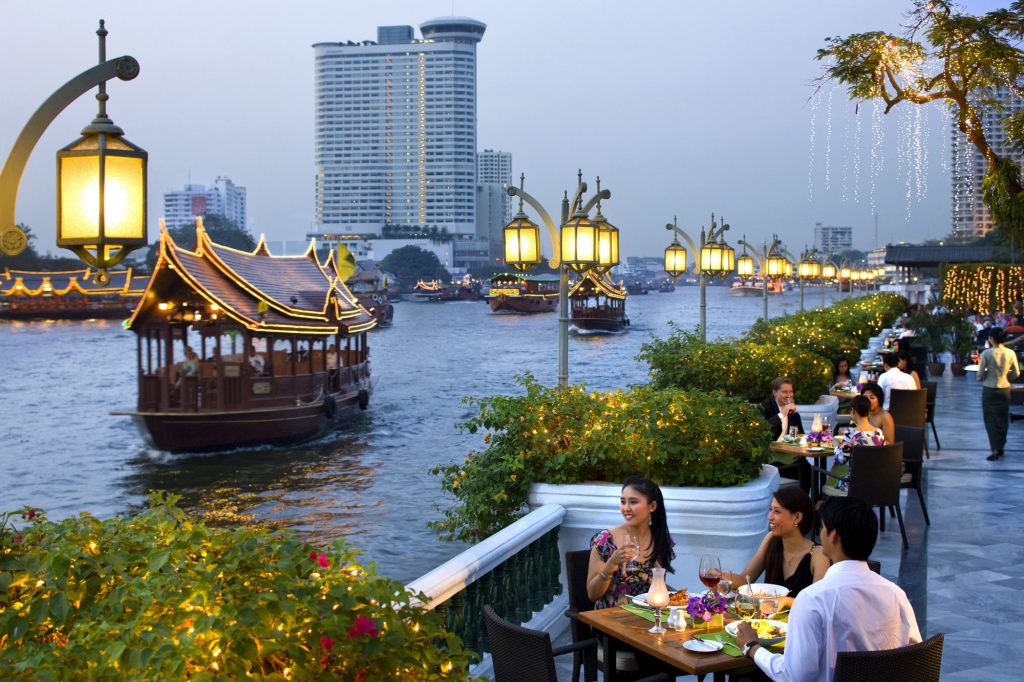If you’re considering Thailand’s economic space as an opportunity to expand your existing business or launch a new, specialized product, it would undoubtedly be beneficial to obtain comprehensive and accurate information about the country’s cultural nuances, regulatory environment, unique economy, and the behaviors, needs, and preferences of its residents and your potential consumers.
Gaining all this knowledge would typically require years of firsthand experience and business analysis within this economic context. However, there’s a more efficient solution: partnering with the company that represents Market Research Thailand. This company offers a unique approach to adapting local market analysis specifically for your business projects, leveraging its proprietary resources and the expertise of international-level professionals with deep insights into the Thai market culture.
Key Components of the Economic Landscape in the Region
According to various independent experts, Thailand’s economy is one of the largest and most dynamically developing in Southeast Asia. The main sources of the country’s income come from key sectors such as tourism, services, manufacturing, and agriculture:
- Tourism: Thailand’s unique natural beauty and favorable climate make it a highly attractive destination for millions of tourists worldwide. Many visitors demonstrate strong loyalty to the country, returning regularly
- Service and Trade Sectors: These industries are rapidly expanding to meet the needs of both tourists and Thailand’s growing domestic business sector
- Agriculture: Thailand has established itself over decades as a leading global exporter of seafood and rice, solidifying its position in international markets
Manufacturing: The automotive industry, primarily export-oriented, is a major contributor to Thailand’s GDP. Additionally, Thailand plays a pivotal role in the global supply chain for electronics and household appliances, showcasing its industrial diversity and capability.
Human Factor: The Portrait of a Consumer in Thailand

Currently, Thailand is undergoing significant urbanization, which influences employment priorities and contributes to the rising average income of its residents. This evolving demographic landscape shapes the behavior and preferences of Thai consumers:
- Cultural Values and Brand Loyalty: Thai consumers place high importance on values and traditions; they show strong loyalty to well-established brands with a positive reputation and local market recognition.
- Socialization and Family Orientation: Social interaction is a major focus, with a strong emphasis on family and its associated values. These cultural priorities heavily influence purchasing decisions and consumer behavior.
- Social Status and Business Etiquette: High social standing and professional conduct play crucial roles in market success and business presence. Maintaining respect for these factors is essential for building trust and establishing a foothold in the Thai market.
- Health, Sports, and Recreation Trends: Over the past decade, there has been growing interest among Thai consumers in health, fitness, and recreational activities. This trend is reflected in the increased demand for products and services related to these areas, signaling a shift in investment focus and consumer priorities.
Entering the Thai Market: Checklist
To successfully establish a presence in the Thai market , it is crucial to conduct a competitive analysis and Market Research in Thailand with the support of local experts. This will allow you to:
- Identify Key Thai Brands Dominating Your Industry
- Conduct Market Positioning and Competitor Analysis
- Assess the Presence and Strategies of Global Brands in Thailand
- Understand How International Brands Adapt to Local Preferences
- Determine the Level of Competition in Your Target Sector
- Identify Market Gaps and Underserved Niches
Flexibility and Adaptation for Growth
In order to not only gain recognition in the Thai market but also maintain and grow your position, it is crucial to engage with local businesses, offering them new opportunities for development. While the economic landscape in Thailand may present challenges, careful analysis, preparation, and a willingness to adapt to local realities will undoubtedly breathe new life into your business ideas.
